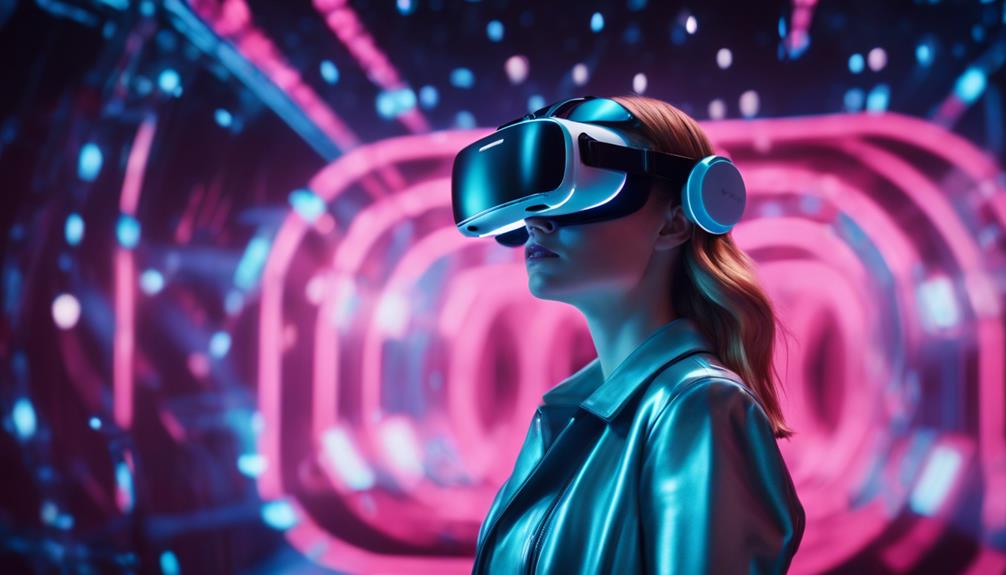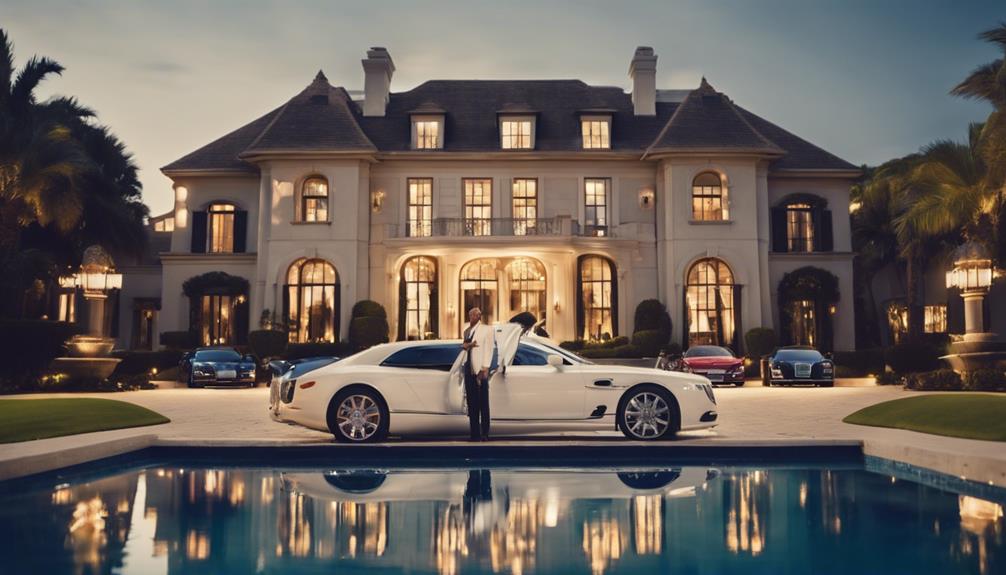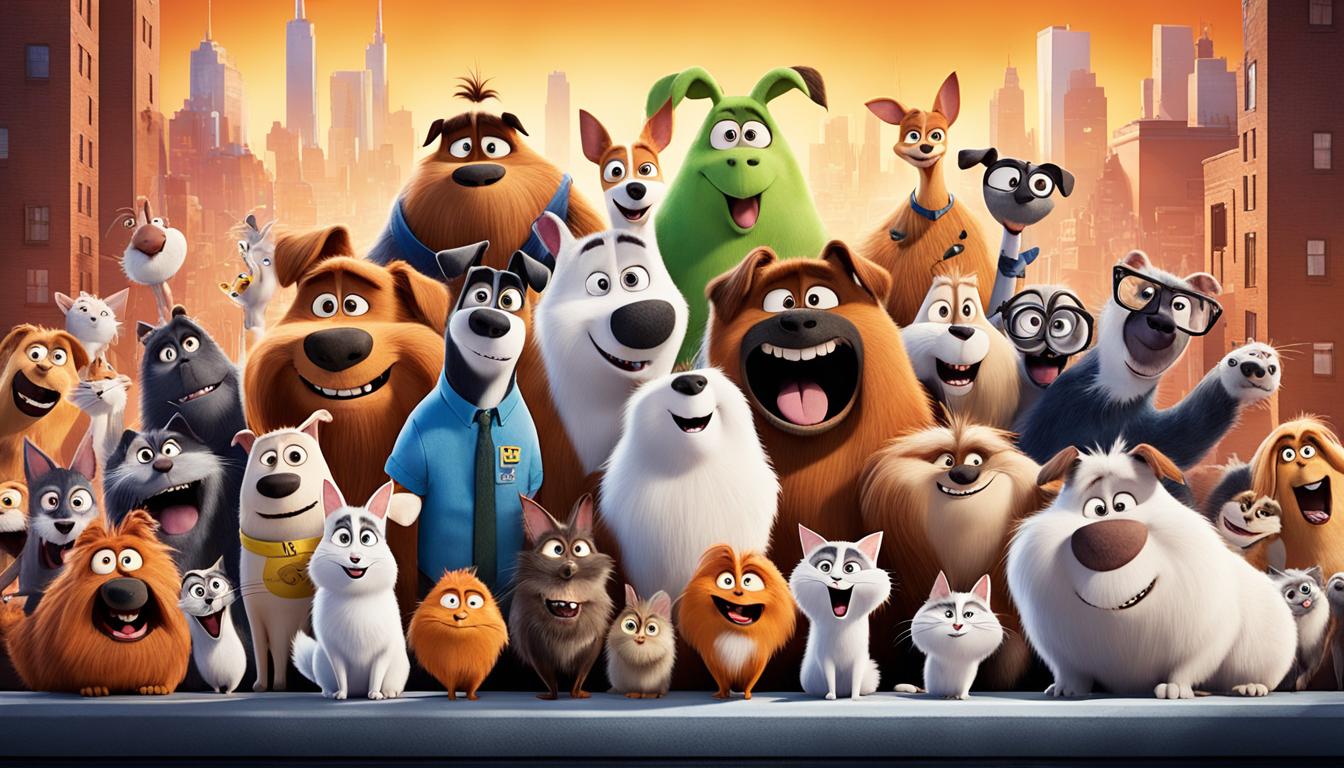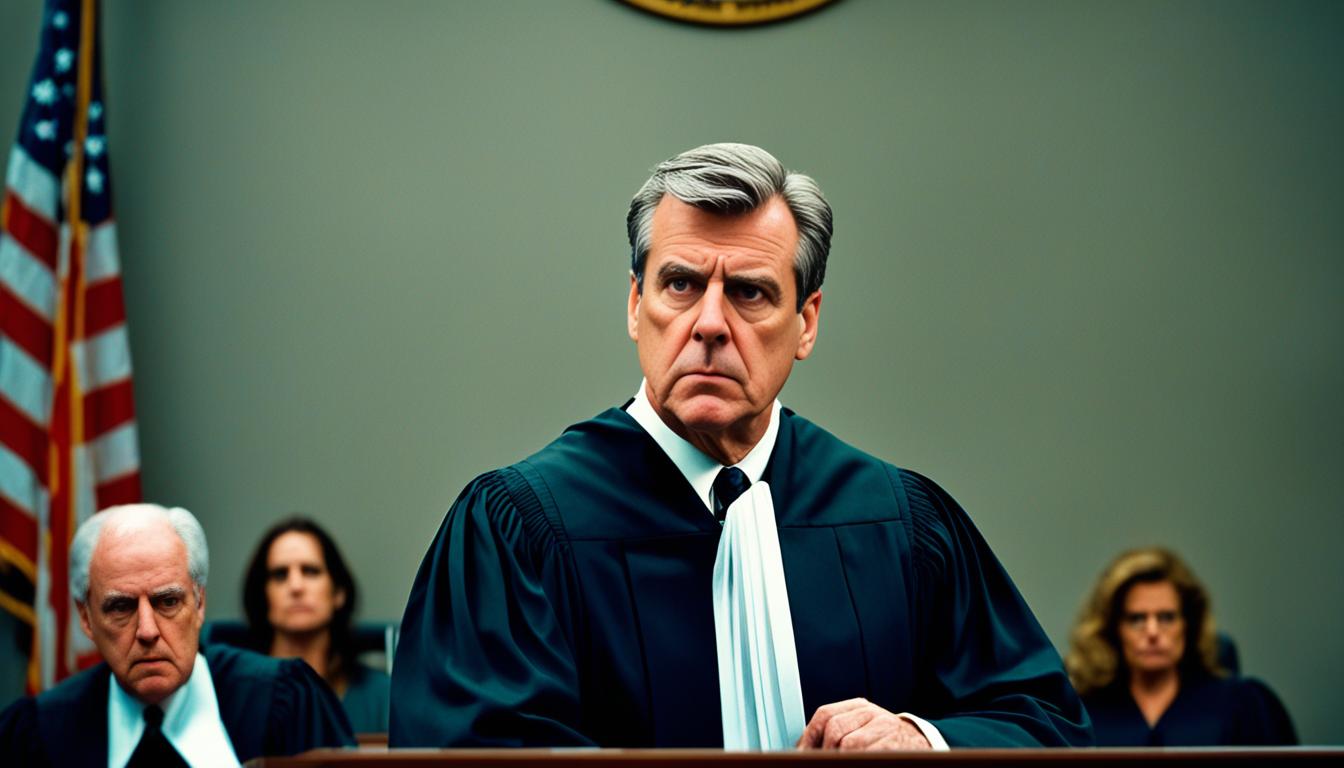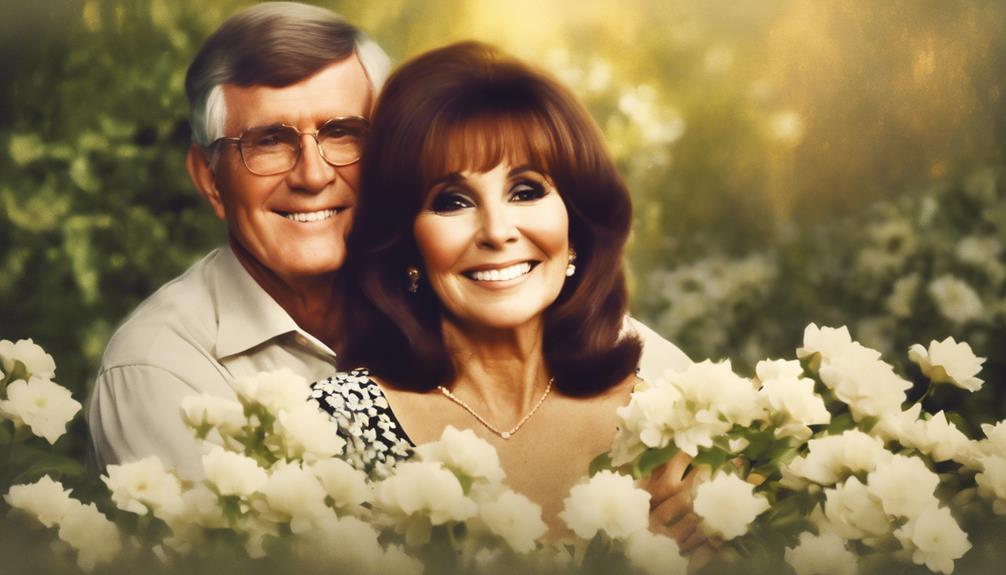Celebrities are driving virtual reality adoption, with Tim Ferriss showcasing its potential to 85 million podcast listeners and investors like Kevin Spacey and Casey Neistat paving the way for immersive storytelling. Nicole Kidman has endorsed VR through campaigns, while Joe Rogan and Duncan Trussell advocate for its use on their podcasts. Virtual influencers like Lil Miquela and Kizuna AI are also on the rise, collaborating with major brands and blurring the lines between real and digital personalities. As VR technology evolves, celebrities continue to pioneer new immersive experiences, and the future of entertainment tech looks promising – stay tuned to explore the exciting developments.
Key Takeaways
• Celebrities like Tim Ferriss, Casey Neistat, and Kevin Spacey are embracing VR, showcasing its potential to their massive audiences.
• Virtual influencers like Lil Miquela and Kizuna AI are collaborating with major brands, blurring the lines between real and digital personalities.
• Stars are leveraging VR for immersive storytelling, pushing boundaries in entertainment, and redefining fan engagement.
• Celebrities are partnering with VR companies to create exclusive content, pioneering new ways to connect with their fans.
• The adoption of VR by celebrities is driving innovation in the entertainment industry, reshaping the way we experience stories and interact with our favorite stars.
Celebrities Driving VR Adoption
Celebrities have been instrumental in driving the adoption of virtual reality technologies, using their vast influence to promote VR and bring it into the mainstream. By leveraging their massive followings, they've helped increase awareness and excitement around VR.
For instance, Tim Ferriss, with his 85 million podcast listeners, became a VR evangelist in 2015, showcasing the technology's potential. Similarly, YouTube star Casey Neistat, with 4 million subscribers, utilized Samsung Gear360 to create immersive 360˚ content, further propelling VR adoption.
Kevin Spacey's investment in a VR startup demonstrates his passion for VR storytelling, highlighting its potential to revolutionize industries. Podcast personalities Joe Rogan and Duncan Trussell are also enthusiastic VR believers, with Rogan owning an HTC Vive and frequently discussing VR on his popular podcast.
Additionally, celebrities like Nicole Kidman have endorsed VR technologies, participating in campaigns like Etihad Airways' 360˚ experience, showcasing VR's ability to enhance brand engagement. These celebrities are driving VR adoption, paving the way for mainstream acceptance.
The Rise of Virtual Influencers
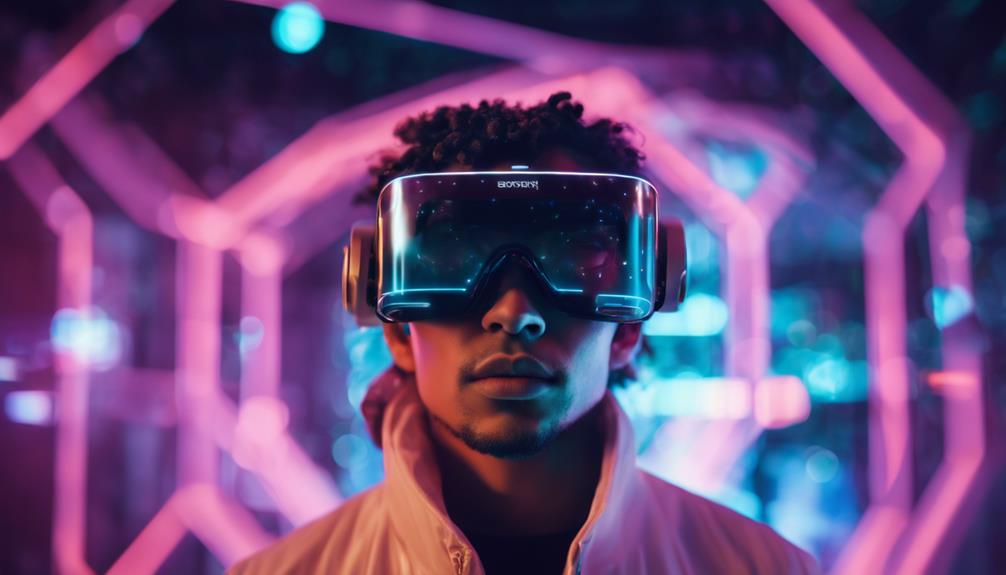
Virtual influencers, like Lil Miquela and Kizuna AI, have amassed millions of followers on social media platforms, leveraging their digital presence to collaborate with major brands on marketing campaigns and product promotions. These virtual influencers are entirely digital creations, programmed to engage with audiences in a personalized manner. They offer a new way for brands to connect with younger, tech-savvy consumers in the digital domain, blurring the lines between real and virtual personalities.
This fusion creates unique opportunities for brand engagement, allowing celebrities and brands to tap into the virtual world. As virtual reality continues to shape the entertainment industry, virtual influencers are poised to play a significant role in shaping the future of marketing and brand promotions. By partnering with virtual influencers, celebrities and brands can reach a wider audience, increasing brand awareness and driving sales.
As the virtual influencer landscape continues to evolve, it will be interesting to see how celebrities and brands adapt to this new reality.
Stars in Immersive Storytelling
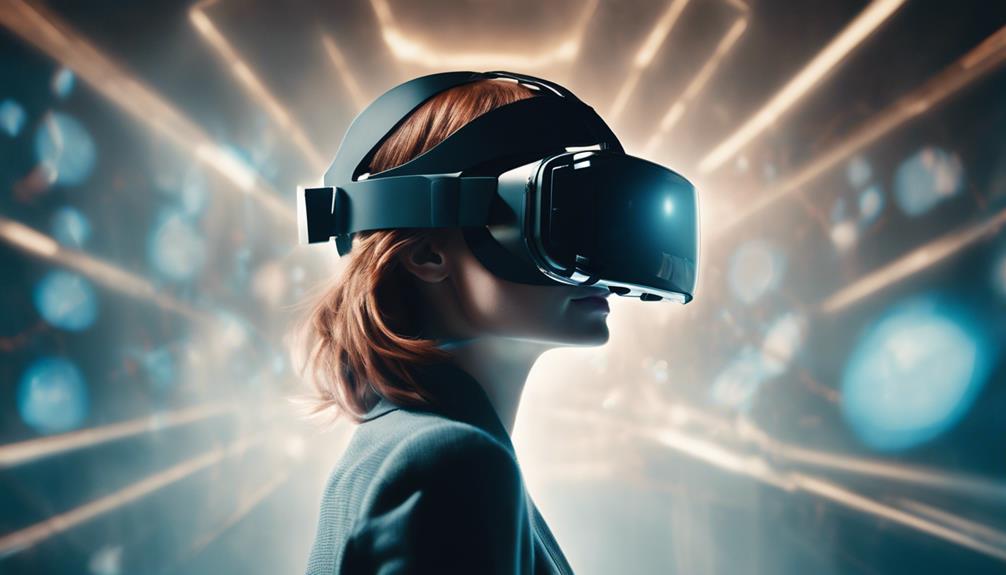
As immersive storytelling continues to revolutionize the entertainment industry, A-listers are jumping on the virtual reality bandwagon, leveraging this innovative technology to connect with their audiences in unprecedented ways.
Celebrities like Nicole Kidman and Casey Neistat have been at the forefront of this movement, utilizing VR technology to create immersive experiences for their fans. Kidman has been featured in VR campaigns for airlines, showcasing 360˚ experiences to engage viewers, while Neistat has showcased 360˚ video content using Samsung Gear360 to engage his millions of subscribers.
| Celebrity | VR Involvement |
|---|---|
| Nicole Kidman | Featured in VR campaigns for airlines |
| Casey Neistat | Showcased 360˚ video content using Samsung Gear360 |
| Kevin Spacey | Invested in VR startups, advocates for VR storytelling |
With VR technology, celebrities can create new and innovative ways to tell stories, engage with their audiences, and push the boundaries of entertainment. As VR technology continues to evolve, it will be exciting to see how celebrities continue to leverage this technology to create new and immersive experiences for their fans.
The Future of Entertainment Tech
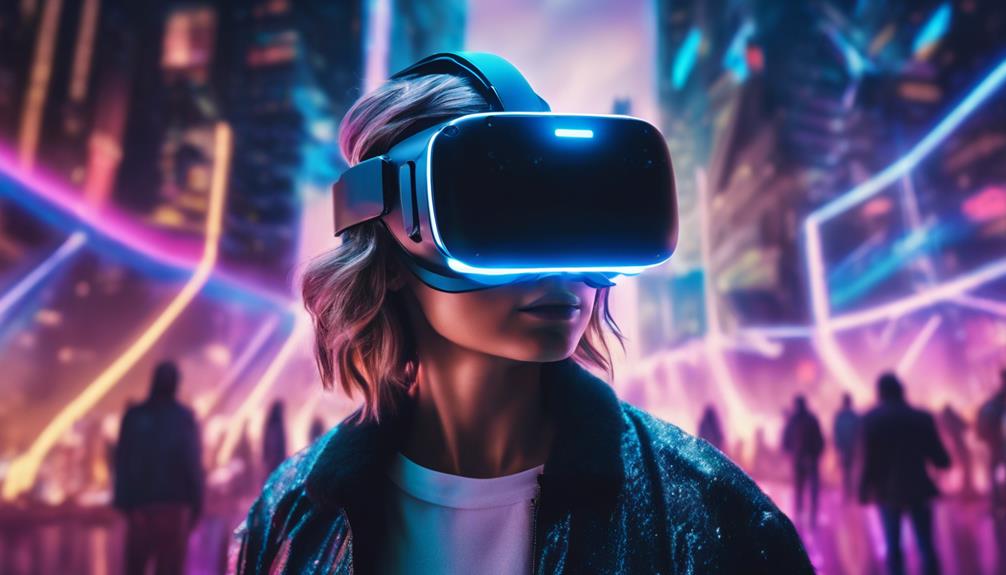
The future of entertainment technology is being shaped by the innovative ways celebrities are embracing virtual reality, pushing the boundaries of storytelling and fan engagement.
As they venture into the virtual world, they're leveraging new technologies to connect with fans on a deeper level. This shift marks a significant milestone in the evolution of the entertainment industry, as stars like Lady Gaga, Snoop Dogg, and Paris Hilton pioneer new ways to showcase their talent in the digital world.
Through partnerships with VR companies and platforms, they're creating immersive experiences, exclusive content, and virtual events that redefine fan engagement. As the lines between the physical and virtual worlds continue to blur, celebrities will play an essential role in shaping the future of entertainment tech.
With virtual reality enabling them to explore new creative avenues and expand their global reach, the possibilities for innovative storytelling and fan connection are endless.
From Hollywood to Headsets
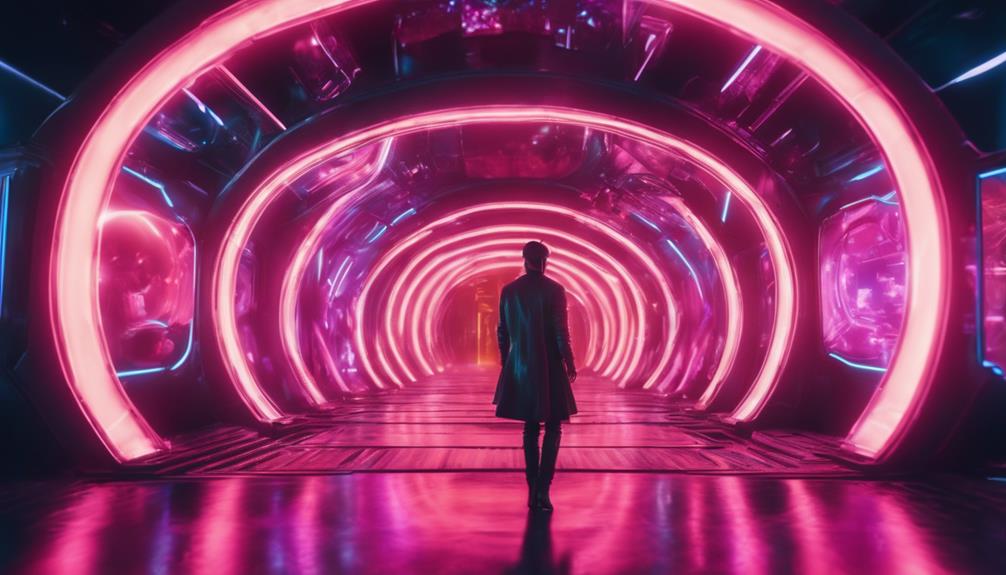
Since the early adoption of VR technology, Hollywood A-listers have been flocking to the world of headsets, keen to explore the creative possibilities and connect with fans in innovative ways. The likes of Nicole Kidman have endorsed VR technologies, featuring in campaigns for airlines like Etihad Airways to showcase immersive 360˚ experiences.
Some celebrities have gone further, becoming vocal advocates for VR.
- Tim Ferriss, known for his popular podcast, became a VR Evangelist in 2015, emphasizing the transformative potential of virtual reality.
- Kevin Spacey, a passionate advocate for VR storytelling, invested in a VR startup, believing in the revolutionary impact of VR across various industries.
- YouTube sensation Casey Neistat, with over 4 million subscribers, embraced VR by showcasing 360˚ video content after receiving a Samsung Gear360 camera.
Their enthusiasm underscores the growing recognition of VR's potential to reshape the entertainment landscape, as more Hollywood stars trade their scripts for headsets.
Frequently Asked Questions
What Is the Future of Virtual Reality in Everyday Life?
As virtual reality technology advances, it's likely to become an integral part of daily life. In the near future, VR will transform industries like education, healthcare, and entertainment, making experiences more immersive and interactive.
It'll also revolutionize the way people shop, socialize, and access information. With VR, remote work and virtual events will become the norm, redefining the concept of presence and community.
As VR's capabilities continue to expand, it's poised to drastically alter the fabric of everyday life.
What Celebrities Have Bought Land in Metaverse?
Snoop Dogg is one celebrity who's bought land in the metaverse, specifically in The Sandbox, where he's rebuilding his mansion. He's not alone; Jake Paul has invested in Blocktopia, demonstrating his interest in virtual real estate.
These celebrities are among the pioneers in the metaverse, paving the way for others to follow in their footsteps and capitalize on the emerging opportunities.
What Are Virtual Celebrities?
Virtual celebrities are entirely digital entities created to perform and engage with audiences in immersive 3D metaverse environments. They're programmed to behave as desired by their creators, offering a new way for brands to connect with their target audience through virtual influencers.
Examples include Hatsune Miku, Lil Miquela, Kizuna AI, and Lu do Magalu, who interact with fans in 3D worlds, collaborating with other virtual artists and adapting algorithmically to cater to fan preferences.
What Is Meta Virtual Reality?
Meta virtual reality, formerly Facebook, focuses on creating a shared virtual space for users to interact using VR technology.
The rebranding reflects the company's shift towards building the metaverse, expanding beyond social media.
CEO Mark Zuckerberg leads the push towards developing the metaverse and VR technologies, with heavy investments in research and development to advance VR experiences and make the metaverse a reality.
Conclusion
As virtual reality continues to revolutionize the entertainment landscape, celebrities are driving adoption, leveraging immersive experiences to connect with fans, and pushing the boundaries of storytelling.
With virtual influencers rising, traditional Hollywood stars are embracing VR to stay ahead of the curve.
As the lines between reality and fantasy blur, the future of entertainment tech has never looked brighter – with celebrities leading the charge, it's a virtual reality tidal wave that will soon engulf us all.

